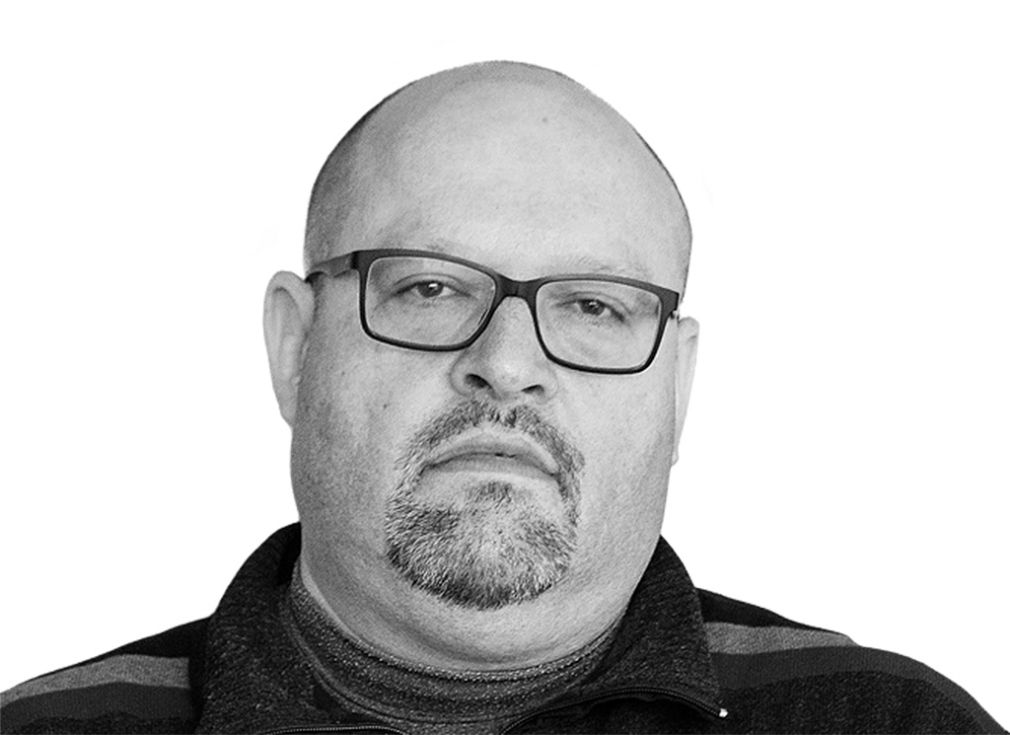One of the terms that the newly composed ruling set very often uses is normalisation. Its representatives talked about this a lot already during the election campaign, when they promised to make Slovenia “normal” again after two years of Janša’s “fear government”. This means that the alleged restriction of democracy, the undermining of the rule of law and the trampling of human rights will be over. “Freedom” will reign in all its glory.
However, this and similar terms are typical Orwellian novelties, and their content is diametrically opposed to what they are supposed to denote. Normalisation basically means something like what it meant in communist times. It was used, for example, to denote the situation after the suppression of the Prague Spring in Czechoslovakia in 1968, when the regime returned to its “real” state, when communist orthodoxy re-emerged and cleansed itself of all pro-democracy elements through widespread repression. The situation was similar after the suppression of Maspok (a mass national movement) in Croatia, and after the removal of the liberal party current around Stane Kavčič in Slovenia in the early 1970s, when communist hardliners again prevailed. Normalisation was thus a process that led away from a society based on democracy, freedom, and human rights.
How the new parliamentary majority envisions freedom became clear even before the enthronement of the new government. Its representatives began to drastically interfere in parliamentary debates. Thus, Lena Grgurevič, chairwoman of the parliamentary committee for justice from the Gibanje Svoboda party, presented two reprimands to SDS MP Alenka Jeraj for allegedly inappropriate questions, although there was nothing problematic during the presentation of the candidate for Minister of Justice Dominika Švarc Pipan. Such obstruction of the work of MPs, which was, for example, unthinkable at the time of the formation of the Janša government, is blatantly contrary to the spirit of representative democracy. The essence of this is in the free discussion of elected representatives of the people. This, however, is clearly unacceptable for the new rulers.
Apparently, the new government intends to “restore order” in the area of human resources. Thus, at its first session, it adopted a decision requiring ministries, constituent bodies, and government departments to draw up a list of all staff members who were employed, relocated, or promoted between January 1st, 2020 and June 1st, 2022. This cannot be understood otherwise than as a “cull list”. They want to detect who is “ours” and who is “theirs”. This is very likely to be followed by extensive purges in the state administration; in comparison, the personnel tsunami blamed on Janša’s government will look like a slightly choppy sea.
Resistance to the Catholic Church and Catholics is also returning, which is already an integral part of the “genetic record” of a large part of the Slovenian left. The Young Forum of Social Democrats wrote that Catholic believers will be “fairly taxed”. This is nothing but a covert threat. Catholics are taxed the same as other citizens, either members of other religious communities or non-believers. Those among them who are better situated pay more and those who are less well situated pay less. The tax may be linked only to the property and family status of the individual and in no way to other special circumstances, including religious affiliation. Are we promised a kind of “haraç”, that is, a levy that would be paid only by Catholic believers (just as it was paid by non-Muslims in the Ottoman Empire)?
Normalisation must therefore be understood as the establishment of a state where all areas of society are under “our” control, where “our” staff is in charge everywhere, and where “our” ideas are considered the only redemptive ones.
By: dr. Matevž Tomšič


